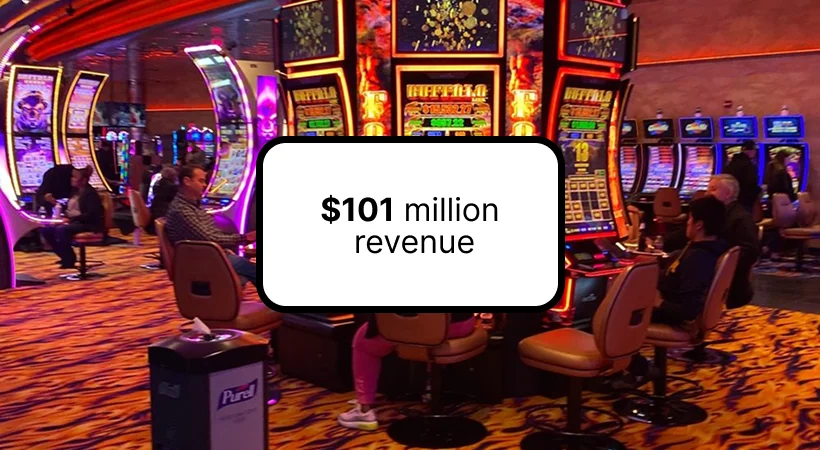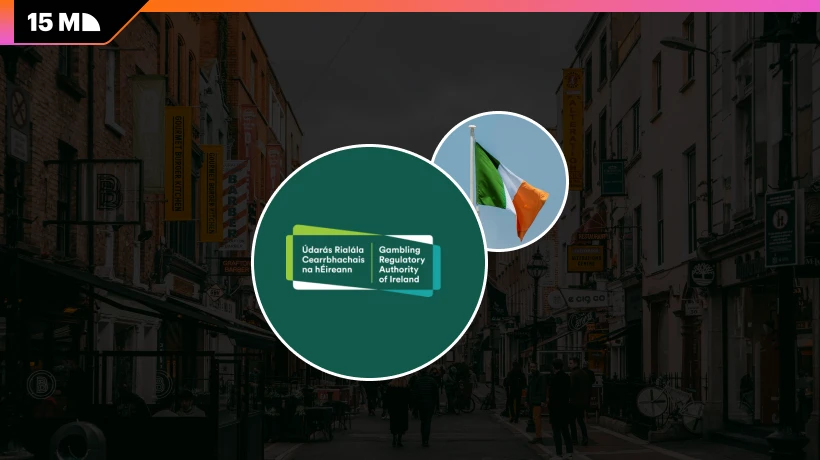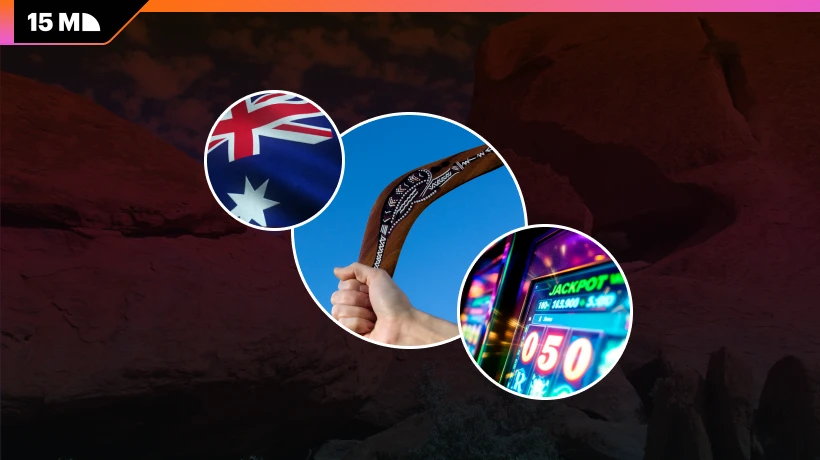Detroit’s three casinos produced $101 million in total revenue for June 2025, according to the Michigan Gaming Control Board (MGCB). This represents a 4.2% decrease from the same period last year.
MGM Grand Detroit led the market with 48% share of total revenue. MotorCity Casino captured 31% of the market.
Hollywood Casino at Greektown held 21% of Detroit’s casino revenue. The three properties report directly to the MGCB for monthly financial data.
Slots and table games generated nearly $100.4 million of the total June revenue. But this core gaming segment fell 4% from the prior year period.
Month-over-month performance showed steeper declines. Table game and slot revenue dropped 11% compared to May 2025.
Hollywood Casino at Greektown experienced the biggest year-over-year decline at 12.5%. The property generated $21.3 million in table game and slot revenue for June.
MGM Grand Detroit’s table game and slot revenue fell 0.6% to $48.4 million. MotorCity Casino dropped 2.7% to $30.6 million.
Throughout the first half of 2025, table game and slot revenue fell 0.8% year-over-year across all three properties.
Retail sports betting contributed only $666,374 in revenue during June. This represents a 25.1% decrease from the prior year period.
Sports betting also declined 48.1% month-over-month. The monthly handle reached $7.2 million.
MGM Grand Detroit dominated retail sports betting with nearly $257,400 in revenue. The three casinos paid $25,153 in state taxes from sports betting revenue.
They submitted $30,743 in wagering taxes to the City of Detroit. Fantasy contest operators reported $716,927 in adjusted revenues for May 2025.
Fantasy contest operators paid $60,222 in taxes to Detroit for their May operations.
The three Detroit casinos paid $8.1 million in state gaming taxes for June 2025. This comes from their slots and table game revenue.
Sports betting tax payments remained minimal due to low revenue from that segment. The $25,153 in state taxes reflects the small contribution from retail sports betting.
Detroit received $30,743 in wagering taxes from the casinos’ sports betting operations. This amount varies based on monthly sports betting performance.
The MGCB tracks these numbers monthly to monitor Detroit’s gaming market performance. June’s results show consistent weakness in traditional gaming revenue.
Sports betting remains a small revenue source compared to slots and table games. The segment hasn’t grown significantly since launch.
Detroit’s casino market faces ongoing revenue pressures from multiple factors. The data shows traditional gaming still drives the vast majority of casino income in 2025.







